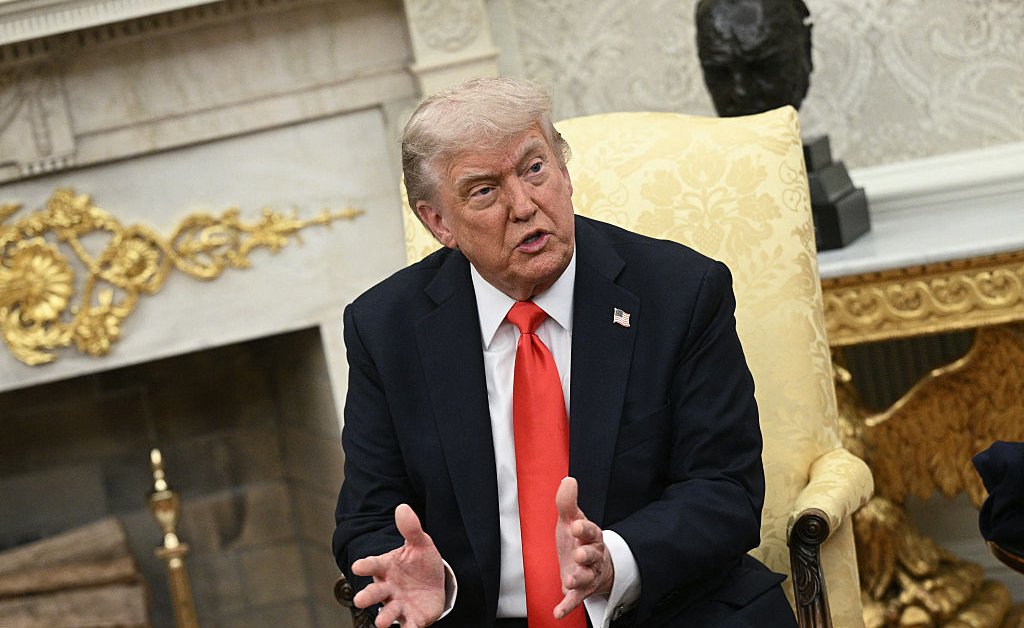In a dramatic public fallout between former allies, Donald Trump and Elon Musk engaged in a heated exchange over a crucial tax and spending bill, a linchpin of Trump’s second term ambitions. The rift escalated quickly, with Trump expressing disappointment in Musk and threatening to cut billions in government ties, while Musk retaliated by questioning Trump’s leadership and proposing to fund a new political party. This clash, unfolding rapidly and publicly, marked the end of a once-close political alliance that soured over disagreements on policy.
The core of the dispute lies in Musk’s vocal opposition to Trump’s flagship bill, which includes significant tax cuts and spending reductions, particularly impacting electric vehicle incentives crucial to Musk’s Tesla empire. Musk’s criticism of the bill intensified through his social platform, X, rallying his massive following to oppose it. Trump, in response, accused Musk of self-interest and dismissed his objections as opportunistic.
The rift deepened with personal jabs, such as Trump’s claim of firing Musk from a government role and Musk’s allegations regarding Trump’s ties to controversial figures. Additionally, Trump cited a disagreement over a NASA nomination as a contributing factor to the rift, highlighting differing priorities and loyalties.
As the political landscape shifts, Musk’s influence and opposition to the bill have stirred dissent among Republicans, potentially impacting its fate in the Senate. The abrupt end to their alliance underscores the volatile nature of political relationships and the power dynamics at play in shaping policy decisions.

